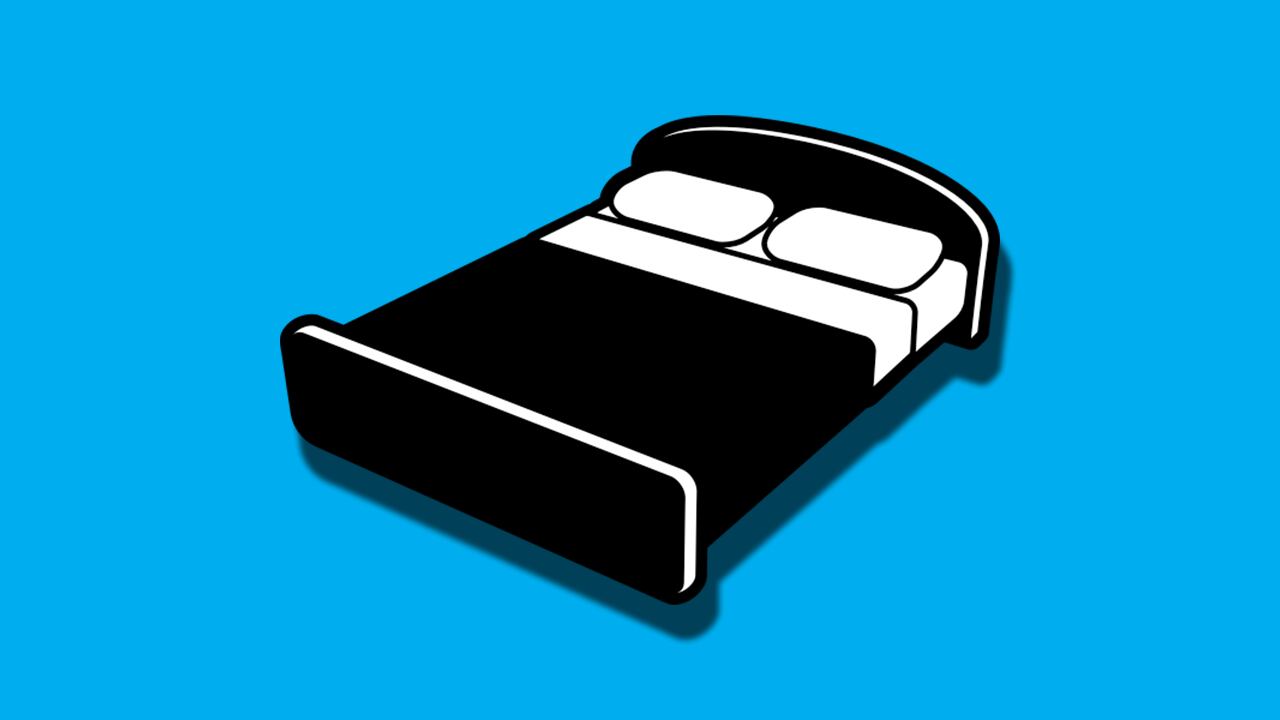Amidst the frenzy of midterms, the need to sleep often gets outranked by the need to study. We know sleep is important for optimal health and function, but what exactly happens in those several hours of shuteye? After all, if we spend nearly a third of our lives in a deep slumber, it better be worth it.
“Sleep is a relatively new field, so there has not been much time to learn everything,” says Eric Kezirian, a sleep surgeon in the USC Caruso Department of Otolaryngology at the Keck School of Medicine.
The problem is that scientists often don’t have the resources to study sleep. Unlike most research, there are no great animal models to test. Humans are unique because we deliberately deprive ourselves of sleep for no naturally selective benefit. Although we don’t know all of the components behind sleep, one thing is certain: many of us don’t get enough of it. In fact, only 11% of American college students receive the recommended amount of sleep of 7-8 hours.
“Many people place sleep as one of the pillars of good health, along with diet and exercise,” Kezirian says. “The science behind sleep and good health may not be as clear as for diet and exercise, but there is robust evidence supporting it as extremely important.”
Understanding sleep processes and disorders
Sleep occurs in cycles lasting about 90 minutes, making many cycles in an average night’s rest. Each cycle takes us through various stages of sleep. You first enter a state of light sleep then gradually transition into a deep sleep stage followed by the longest stage, REM sleep, when dreams occur.
A recent study in the European Heart Journal found that sleeping less than six hours is linked to cardiovascular problems like heart attacks. But excessive sleeping (greater than 10 hours) isn’t exactly healthy either. Too much sleep not only hampers cognitive function, but can increase the risk of heart disease, obesity, and diabetes. It might even double your risk of mortality.
Between all-nighters, your roommate’s loud music, sports practice, and socializing, it can be difficult for college students to get the deep, restful sleep they need to function optimally. A recent study in the Journal of American College Health of nearly 2,000 college students found that 27% were at risk for sleep disorders. The most common disorders reported were insomnia, circadian rhythm disorder, and obstructive sleep apnea. These disorders not only made getting quality sleep exponentially more difficult, but also impaired academic performance.
“Sleep is important for the body to recover from the activities of the day and perform many other brain and body functions,” Kezirian explains. “It enables us to be much more productive and enjoy our lives when we are awake.”
Making up lost sleep
The good news is that we can, to an extent, make up for those late nights. When we don’t get enough sleep, we accumulate a sleep debt. But you don’t have to repay that debt with equal time, Kezirian says. If you sleep, say, six hours every weeknight, you can recover it by sleeping an extra two or three hours on the weekend.
But this compensation method isn’t always effective long-term. Over many weeks and months, sleep deprivation can slow cognitive function -- which can start off a whole new cycle of needing increased sleep. If these months progress into years, you can cause irreversible damage to your brain that’s nearly impossible to fully repair.
With chronic sleep deprivation, your sleepiness eventually levels off, meaning you become gradually less aware of your impairment overtime.
Kezerian suggests that we need to prioritize sleep, just like exercising or eating healthfully. “Sleep,” Kezerian says, “is not a waste of time.” It’s also crucial to mental wellness.
Jennifer Hsia, a Clinical Assistant Professor of Psychiatry and the Behavioral Sciences at the Keck School of Medicine, noticed a lot of students coming to her to discuss anxiety also complained of sleep problems. Their difficulties prompted her to create sleep and anxiety workshops under USC Student Health that provide tips and strategies to approach problematic thoughts about sleep hygiene. “Some sleep problems are related to anxiety, making sleep a secondary issue,” Hsia said.
And what about those people who can somehow function on very little sleep?
“There are some people who genetically do not need to sleep the recommended 7-7.5 hours a day, though there are few people in this category,” Kezirian said.
Why we need sleep
Sleep loss profoundly affects the mind and body, as shown in a study done at the University of Pennsylvania and Harvard Medical School. In this study, researchers assigned subjects, who have been averaging 7-8 hours of sleep, to three different groups that would receive four, six, or eight hours of sleep for 14 consecutive days. During waking periods, subjects would be assessed for reaction time, memory, and cognitive function.
While reaction times for the group with eight hours of sleep remained the same, the four-hour and six-hour groups drastically declined in all three categories. In fact, those in the six-hour groups showed a reaction time similar to those with a blood alcohol level of 0.1% -- a level considered legally intoxicated.
Clearly, a good night’s rest is nothing to sleep on.
“It will help you perform better and feel better in everything you do,” says Kezirian. “If you go to bed late and have to get up early for class, make sure you get a long nap in the afternoon. As long as you are getting good, interrupted sleep, you should wake up feeling much better.”
